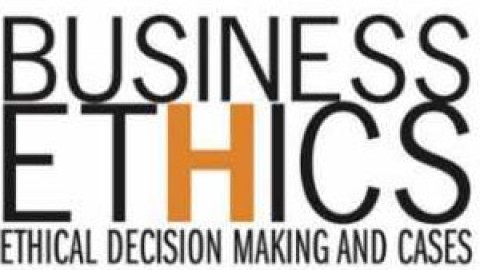by Maurice Gilbert
Given the recent stress being put on issues of corporate compliance by a number of local and international government agencies, with many organizations’ compliance failures already having been brought into the limelight, it is now more important than ever for companies to begin recognizing these issues as the risks they are and start working to ensure that their own compliance programs are as well structured as possible in order to avoid facing costly consequences.
To help guide and strengthen the development of your compliance program, here is a checklist of 10 questions that should be addressed to help ensure that your company’s program is as effective as possible.

Reputational Compliance
1. Is compliance with SEC and DOJ laws and regulations addressed by clearly established policies within your company’s program?
Last year saw a dramatic spike in cases brought against companies that failed to abide by the laws and regulations set forth by these government organizations, a trend that is only predicted to continue over the coming years, as representative of a new level of concern for ethical business practices being enforced. When constructing a good compliance program research and evaluations should be conducted to help ensure that your organization is well within the law in all regulatory matters.
2. Does your compliance program contain guidelines and processes to help avoid and manage fraudulent activity and other unlawful behavior?
One of a company’s greatest risk factors is the possibility of fraudulent and unlawful activity being conducted by one of its employees, and these matters must be taken very seriously. A strong, well developed compliance program must have policies and precautionary measures in place to discourage such behavior, as well as having a system in place to conduct thorough internal investigations should a breach occur.
3. Has your compliance program been effectively integrated into your company culture?
The most effective means of ensuring that your compliance program is successful in guiding employee activity and behavior is to integrate this program into all aspects of your organization and company culture to the degree that proper compliance becomes second nature.
4. Do you have the best possible team trained and in place to handle compliance issues, and are the appropriate executives and managers involved to see the program through?
When putting together a team to handle your compliance program, you will need to make sure that these individuals are well trained, qualified and highly capable of staying on top of the issues to properly monitor and regulate compliance matters.
5. Has a thorough risk assessment been conducted with regard to all transactions with third-party foreign organizations and foreign expansion ventures to best determine and manage all high-risk factors?
When entering into any foreign transactions, joint ventures or foreign expansion, there are innumerable risks that must be carefully researched, assessed and prepared for. These include looking into the business dealings of any third-party organizations for compliance failures that may make such arrangements too great a risk, as well as carefully assessing and taking into consideration any socio-political risks that may exist in a chosen region.
**********
Maurice Gilbert is managing partner of Conselium Executive Search, which specializes in placing compliance officers, regulatory counsel and audit officers for clients in the U.S., Europe, Latin America and China.








